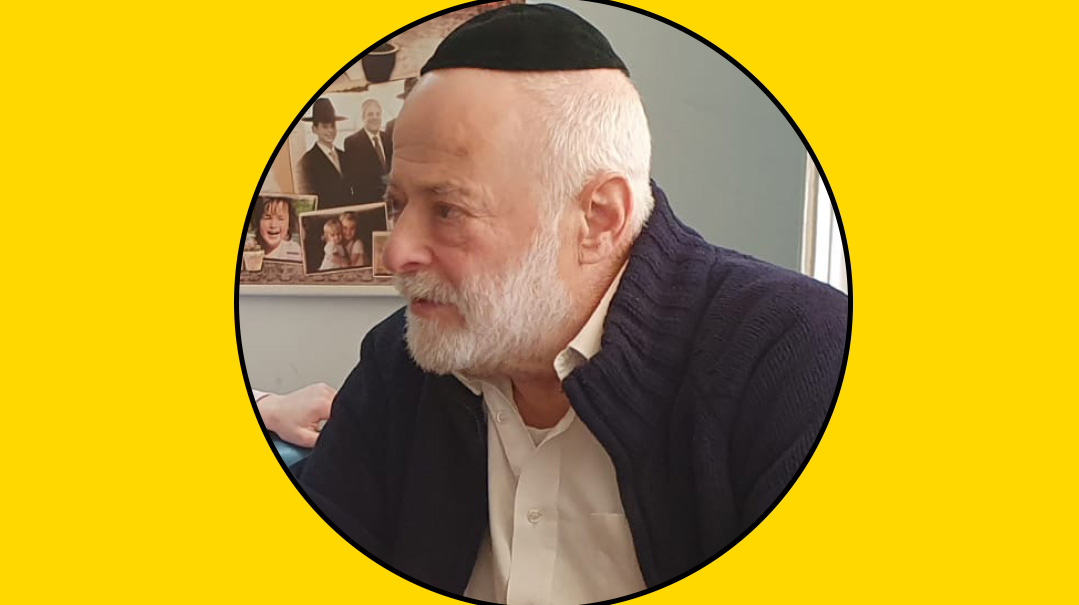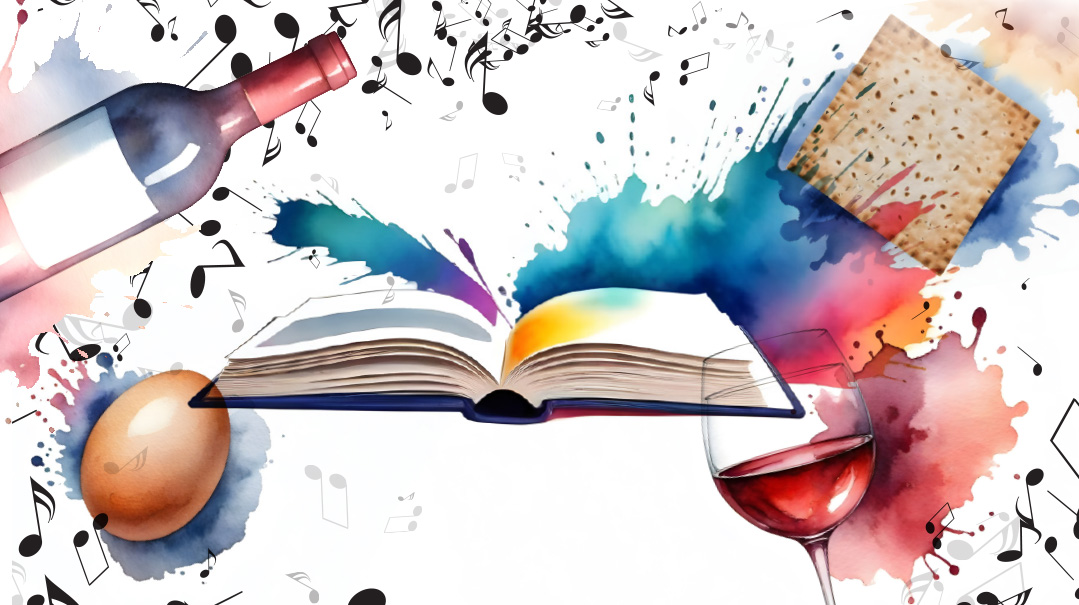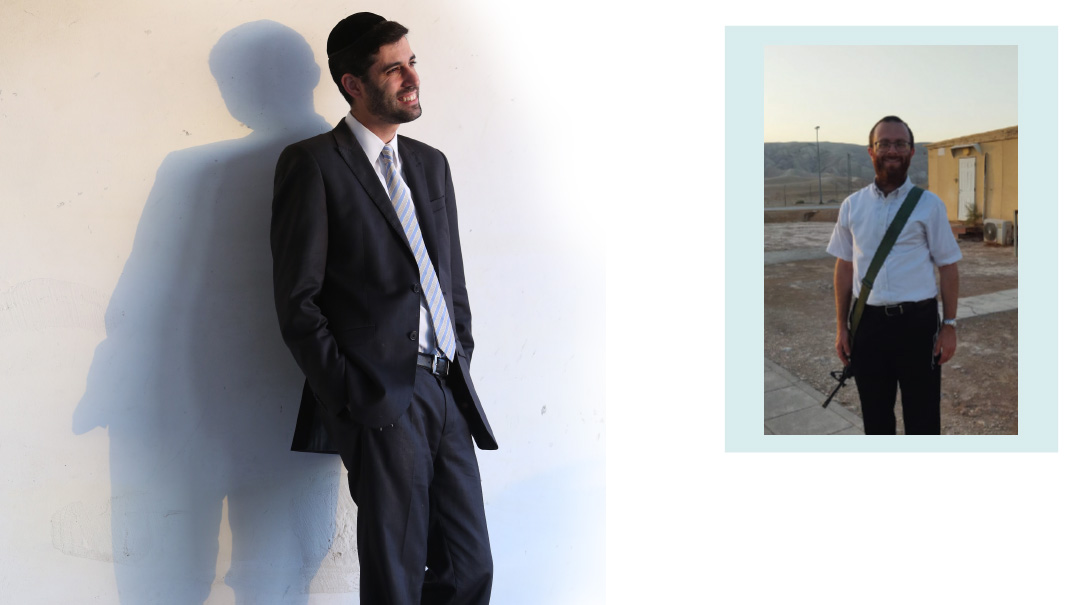Yigal Calek’s Yom Kippur Niggunim Never Get Old
| September 19, 2023It is so simple, just the expression of a Yid standing and supplicating before the Ribbono shel Olam, talking directly and personally, like a child to a parent

It’s been over five decades since YIGAL CALEK’s London School of Jewish Song popularized two of his Yamim Noraim classics. Still as beloved as ever, “Chamol” and “Mar’eh Kohein” remain an integral part of davening in countless shuls.
“I once asked my father about those crashes of thunder at the start of the arrangement of ‘Chamol,’” says his son Duvid Zvi, “and he shared his inspiration with me. The opening words of the piyut are a supplication, asking the Ribbono shel Olam to have mercy on His creations, which He chose to bring into existence. That takes us back to the Creation of the World, which is of course one of the key themes of Rosh Hashanah. Then the second part, the words “Tukdash, Adon, al kol ma’asecha,” are a burst of song, a vision of the glory of Hashem’s kedushah being spread over the entire Creation.
“I remember hearing my father speaking on the phone to his good friend, Yisroel Lamm, who did the music and arrangements for the album where ‘Chamol’ would debut (London School – Neginah Orchestra, 1973). My father would explain what he was aiming for in the arrangements for his songs. He’d speak about horses and chariots, wind and storms, seas and faraway lands, people crying and laughing. As children, we found these conversations to be enthralling. Yisroel, in his own genius, was always ‘yoreid lesof daato,’ able to completely understand and find ways to express what my father had in mind. My father always had tremendous respect for him.”
Duvid Zvi remembers the rehearsals when his father would tell the boys, who ranged in age from nine to 13, to close their eyes as they listened to a song. He would share the story that the words conjured up for him, and then dig deeper to further ignite their own understanding and connection to the words they were singing. “Many of his creations journey through a range of moods,” he says. “Most of his songs tell a story. And he was an expert at bringing his audience into the narrative.”
The song “Mar’eh Kohein” (on the 1971 album, Borchi Nafshi, the “tzitzis” album), taken from the piyut in Yom Kippur Mussaf, is a song of pure majesty and infinite joy in the glory of the Kohein Gadol as he has successfully completed the avodah of Yom Kippur and gained forgiveness for his people.
“My father composed it somewhat differently to the fast-paced, high-energy way it tends to be sung at weddings these days, but he’s okay with that version, too,” says Duvid Zvi. “He told us that he first noticed the words when he was a bochur of about fifteen, davening in Schneider’s Yeshivah in London. The piyut wasn’t sung, just chanted, but he was so taken by the lyrics that he promised himself then that one day he would compose a melody for those words. When he was in his twenties, he said, he felt ready.”
But of all his father’s Yamim Noraim niggunim, Duvid Zvi says his personal favorite is the lesser-known “Ta’aleh Aruchah,” also on Borchi Nafshi. “The entire song is composed as an ad lib,” says Duvid Zvi, “and the melody spills out of every single word. It is so simple, just the expression of a Yid standing and supplicating before the Ribbono shel Olam, talking directly and personally, like a child to a parent. The words at the end, ‘Darkecha Elokeinu lehaarich apecha…’ are first a plea, then repeated with a joyful assurance, almost a dance. They take on a whole new dimension, in a masterful portrayal of how a Yid feels after he has poured out his heart to his Father.”
(Originally featured in Mishpacha, Issue 979)
Oops! We could not locate your form.







